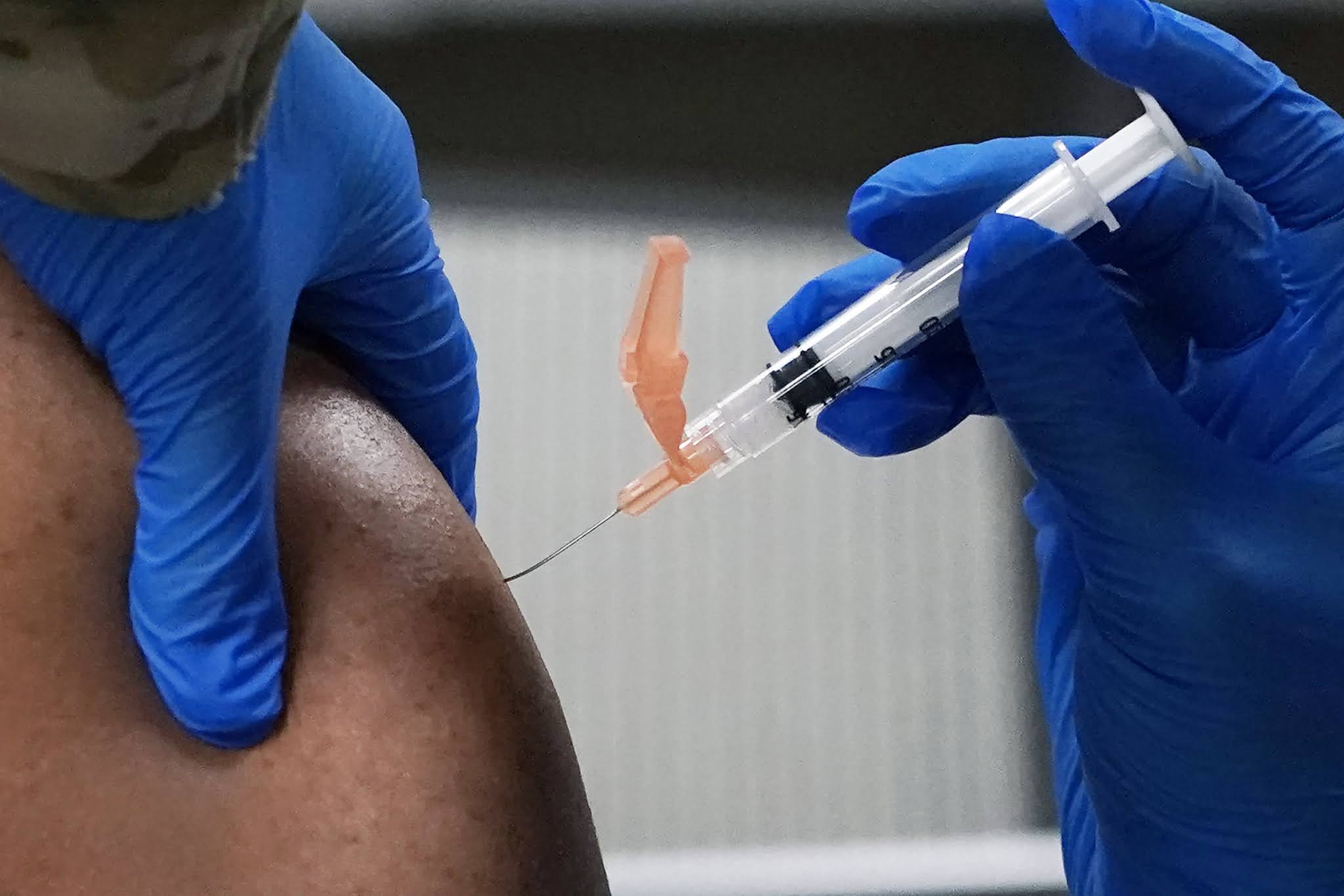The development of multiple viable COVID-19 vaccines over the past year has been a scientific miracle. But despite recording the first case of human immunodeficiency virus (HIV) in humans over 60 years ago, health authorities have yet to approve a viable and accessible vaccine against HIV. But thanks to COVID-19 research, one may be on the way faster than ever before.
According to preliminary results from the first phase of a clinical trial released at the International AIDS Society’s HIV Research for Prevention Conference in February, 97 percent of participants who received doses of the novel HIV vaccine created antibodies against the virus.
As part of the trial, 48 healthy adults received either a placebo or two doses of the vaccine compound developed by the International AIDS Vaccine Initiative (IAVI) lab.
“This study demonstrates proof of principle for a new vaccine concept for HIV, a concept that could be applied to other pathogens, as well,” said Dr. William Schief, director of vaccine design at the IAVI’s Neutralizing Antibody Center, in a release.
Now, researchers are looking at how to use the new mRNA technology developed for the Moderna COVID-19 vaccine to move forward with developing a viable vaccine for HIV.
But what does that actually mean for the decades-long quest to immunize against HIV?
Here’s what you need to know about the possibility of an HIV vaccine in the near future.
Why do we need an HIV vaccine?
The World Health Organization (WHO) estimates there are over 38 million people worldwide currently living with HIV, with over 1.5 million people newly acquiring it every year. And while medicine has evolved since the virus first emerged and many people are now receiving antiretroviral therapy (ART), health officials say a dependable vaccine will be the key to ending the HIV/AIDS epidemic.
The WHO identifies men who have sex with men, people who inject drugs, people in prisons and other closed settings, sex workers and their clients and trans people as key demographics most affected by HIV. The virus ravaged these communities in the 1980s, and continues to be a problem worldwide.
Simply put, an HIV vaccine would save millions of lives.
Okay, wait, so did they actually just make an HIV vaccine? That’s huge!
We aren’t quite to the “jabs in arms” part of immunizing against HIV yet, but the results of this research marks a vital first step.
By now in the COVID-19 pandemic, we’re all a lot more familiar with vaccine development lingo than we were a year ago. With that in mind, it’s important to remember that this is just Phase 1 of a clinical trial, and the trial only had 48 participants.
Still, every breakthrough needs to start somewhere.
“This is a landmark study in the HIV vaccine field, demonstrating success in the first step of a pathway to induce broad neutralizing antibodies against HIV-1,” Dr. Julie McElrath, one of the study’s lead investigators, said.
“This study demonstrates proof of principle for a new vaccine concept for HIV, a concept that could be applied to other pathogens, as well.”
This vaccine is being developed to act as an immune primer, meaning it’s designed to trigger cells into producing many different types of broadly neutralizing antibodies (bnAbs).
“The novel design of the immunogen, the clinical trial and the molecular B cell analyses provide a roadmap to accelerate further progress toward an HIV vaccine,” McElrath said.
In plain language: The promising results from this study will help move an HIV vaccine along even faster than before.
How does the COVID-19 vaccine figure into all of this?
Armed with the 97 percent antibody rate from this initial study, researchers say they’re going to work with the new mRNA technology developed for the Moderna COVID-19 vaccine to continue developing the HIV vaccine in subsequent trials.
Now is a great time to remember Dolly Parton’s role in getting the Moderna COVID-19 jab made, so, in a roundabout way, you could argue that we have her to thank for this.
(But seriously, so many scientists have been working on an HIV vaccine for decades; they truly are the heroes here.)
The mRNA technology used in the Moderna COVID-19 vaccine is a new way of making vaccines encoded into mRNA, the cousin of DNA. Different from more traditional vaccines, which use a modified version of the virus itself, mRNA vaccines include genetic instructions for our cells to make viral or bacterial proteins. After receiving an mRNA vaccine, our cells react by building up antibodies to fight future infections.
It’s the definition of a Bill Nye-style Science Rules! discovery. Now the researchers behind the HIV vaccine hope to harness mRNA tech to speed up the development of the vaccine and get those jabs into arms.
And here’s the coolest part: These new developments in COVID-19 and HIV vaccines aren’t just going to help the fight against those specific viruses. Researchers say they’re hoping to use this technology to develop vaccines against everything from influenza to the Zika virus.


 Why you can trust Xtra
Why you can trust Xtra


